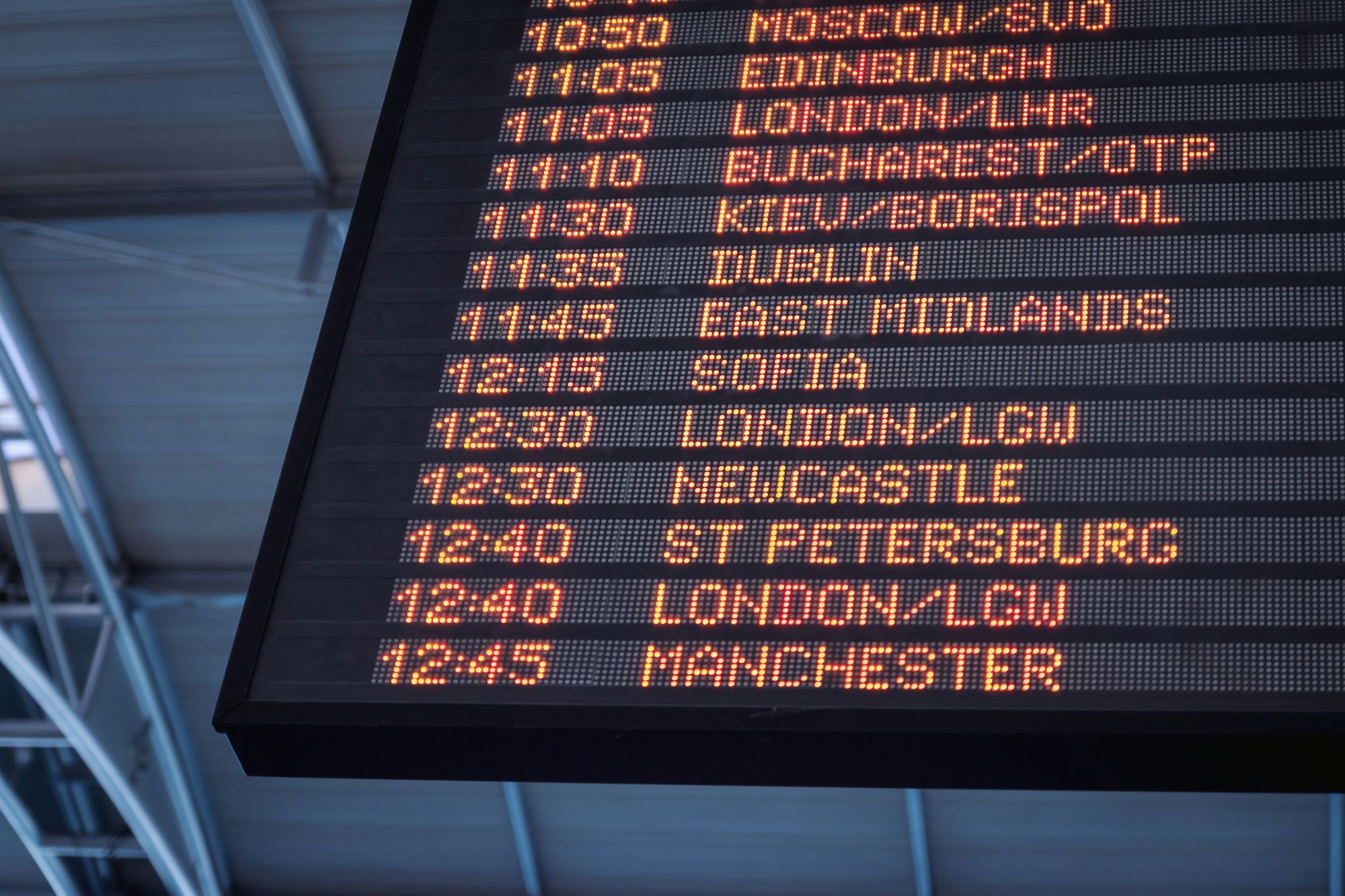What Happens When A Canadian Dies Abroad? A Comprehensive Guide

When a Canadian citizen passes away while traveling or living abroad, it can be a challenging and overwhelming experience for their loved ones.
This comprehensive guide aims to provide clarity on the steps to take, legal requirements, and considerations involved in handling the death of a Canadian abroad.
Initial Steps and Notification
The first crucial step is to designate a representative for the deceased. This individual will serve as the primary contact for local authorities and the Canadian government. They can be located in Canada or in the country where the death occurred. The representative should have access to essential documents such as the deceased's will and power of attorney.
It's vital to promptly notify the Canadian embassy or consulate in the country where the death occurred. They can provide invaluable assistance and guidance throughout the process.
Documentation and Legal Requirements
Obtaining the necessary documentation is critical. The following documents are typically required:
- Official death certificate from the country of death
- Canadian passport or proof of citizenship of the deceased
- Burial transit permit
- Certificate of embalming or cremation (if applicable)
- Letter from the funeral director detailing the handling of remains
Acquiring these documents may involve working closely with local authorities, the funeral home, and the Canadian consulate. It's important to note that all documents may need to be translated into the local language or English/French for Canadian authorities.
Dealing with the Deceased's Affairs
Notifying the deceased's insurance company is crucial. Provide them with all relevant details and documentation to facilitate any insurance claims, including travel, health, or life insurance.
The deceased's bank should also be informed to close accounts and distribute finances appropriately. Additionally, notify relevant Canadian government programs and departments such as the Canada Pension Plan, Old Age Security, Veterans Affairs Canada, and Employment and Social Development Canada to ensure benefits are correctly stopped or transferred.
Repatriation of Remains
If the decision is made to repatriate the deceased's remains to Canada, specific steps must be followed:
- Choose a funeral home experienced in international arrangements.
- Obtain necessary documentation for transport (death certificate, burial transit permit, embalming certificate).
- Arrange for appropriate transportation, typically air freight.
- Ensure the body is prepared according to international transportation standards, usually involving embalming and placement in a hermetically sealed coffin.
It's important to note that repatriation can be a complex and costly process. The timeline can vary, typically taking 7-14 days, depending on factors such as documentation processing and flight availability.
Cremation Abroad
If cremation is preferred, it's possible to bring cremated remains back to Canada. However, this process requires careful planning:
- Check with the airline about their policies on transporting cremated remains.
- Obtain proper documentation, including death and cremation certificates.
- Use an appropriate container for transport, as specified by airport authorities.
- Contact the airline in advance to ensure all requirements are met.
For more information, consult the Canadian Air Transport Security Authority's guidelines on transporting cremated remains.
Cultural and Religious Considerations
It's crucial to communicate any specific cultural or religious requirements to the funeral home and repatriation service. This may include particular preparation methods for the body, specific items to accompany the deceased, or time-sensitive burial practices.
Financial Considerations
The costs associated with a death abroad can be substantial and vary widely depending on the circumstances. Expenses may include:
- Local funeral home services
- Documentation and permit fees
- Embalming or cremation costs
- International transportation fees
- Legal fees (if applicable)
It's advisable to check the deceased's insurance policies, as some costs may be covered. Travel insurance, in particular, often includes provisions for repatriation of remains.
Legal Implications of Dying Intestate
If a Canadian dies abroad without a will (intestate), the process becomes more complex. Laws regarding intestate succession vary by country, and it may involve lengthy legal procedures and additional costs. In such cases, it's recommended to work with a legal professional specializing in international estate matters to ensure the deceased's assets are distributed according to local and Canadian laws.
Emotional Support and Practical Assistance
Dealing with the death of a loved one abroad can be emotionally taxing. Don't hesitate to seek support from grief counselors, support groups, or your community. Many funeral homes and repatriation services offer guidance and support throughout the process, which can be invaluable during this difficult time.
Preventive Measures for Travelers
While it's not pleasant to contemplate, being prepared can significantly ease the burden on loved ones in case of death abroad. Travelers can take several preventive measures:
- Ensure comprehensive travel insurance coverage, including repatriation of remains.
- Keep important documents (passport, insurance information, emergency contacts) easily accessible.
- Consider creating or updating a will before extensive travel.
- Inform family or friends of travel plans and emergency contact information.
The death of a Canadian abroad involves numerous legal, logistical, and emotional challenges. By understanding the process - from initial notification to repatriation of remains - families can navigate this difficult time more effectively. While each situation is unique and may present its own complexities, being informed about the general procedures and requirements can provide some clarity during a challenging period.
Remember that resources are available to assist you, including Canadian consular services, international funeral homes, and specialized repatriation services. Don't hesitate to seek professional help to guide you through the process, ensuring that your loved one's final journey is handled with dignity and respect, regardless of where in the world they may have passed away.




